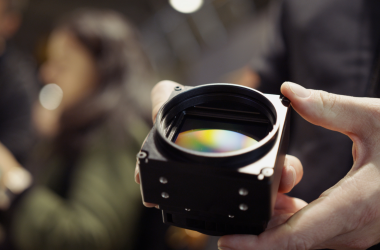An investigative report has revealed concerning findings regarding the serving of alcoholic drinks in UK pubs and bars. Trading Standards officers conducted an investigation at 77 establishments and discovered that 96 out of 137 orders were served with short measures. This equates to nearly 90% of the drinks being under the prescribed quantity required by the Weights and Measures Order for pints, half pints, and 175ml glasses of wine.
The investigation found that 86% of beer orders and 43% of wine orders were short-measured, with 29% of the drinks tested being under by 5% or more. The average deficit for short-measured beer was 4% and for wine it was 5%. This translates to a loss of £1.70 per week, or £88.40 per year, for the average beer drinker and £2.20 per week, or £114.40 per year, for the average wine drinker. The Chartered Trading Standards Institute (CTSI) has expressed concern over these findings.
The survey also revealed the largest short-measure of 15% under in a 175ml glass of wine in Walsall, costing £3.20. The second-largest was 13.4% under in a glass of wine costing £7.20 in Belfast, followed by a 12% deficit in a 175ml glass of wine bought in Havering for £5.75. These findings are particularly concerning as they come at a time when the cost of alcoholic drinks is at an all-time high. According to the Office for National Statistics, the average price of a bottle of red wine has increased by 8% in the last year, while the average cost of a pint of lager is up 5.6%.
It is important to note that, legally, the frothy head on a pint of beer is included in the measure. However, the CTSI’s survey found that 35% of the public believe the head should not be included, while 23% believe it should. The Campaign for Real Ale (CAMRA) also maintains that the pint measure should not include the head and consumers should have the right to a 100% liquid pint.
CTSI Chief Executive John Herriman expressed concern over the findings and called for further research in this area. “While this is a snapshot, it is the first time that we have been able to build a national picture of how widespread short-measuring of alcoholic drinks are,” he said. “The potential detriment to the average consumer of around £115 every year suggests there is the need for more comprehensive research to better understand the impact of short measures, not just for alcoholic drinks but across a broader spectrum of consumer goods.”
The CTSI is also urging the hospitality sector to ensure that consumers receive value for their money by accurately measuring the drinks served in the nation’s pubs and bars. The importance of this issue cannot be overstated, and further measures must be taken to address short-measuring in the industry.




